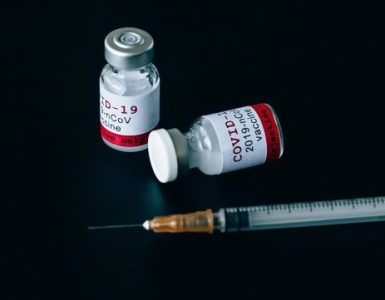
Thailand is pressing ahead with a long-term plan to set up a national vaccine institute aimed at producing 10 vaccine regimens. The goal is to strengthen the country’s preparedness against deadly diseases and reduce the high cost of imported vaccines.
The policy calls for the establishment of a national vaccine development committee, made up of medical experts from several bodies, to be the focal point for vaccine research and development.
“The panel has been assigned to draft two-year and five-year plans to develop 10 vaccines for dengue, diphtheria, tetanus, pertussis, mumps, measles, encephalitis, polio, hepatitis B and tuberculosis”, Public Health Minister Jurin Laksanavisit said on Wednesday.
“A draft vaccine development plan has been completed and will be proposed to the cabinet. It is possible joint public-private partnership programmes will be formed for some vaccines”, he said.
“It is time for the country to be self-reliant and set up its own vaccine research and development body to produce vaccine products essential for protecting our people from life-threatening diseases,” Mr. Jurin said. “We even have the potential to become a vaccine exporter in our region.”
Slow progress has been made in vaccine research and development mainly because of frequent political changes and an unstable public health policy. The country is unable to rely on itself in coping with infectious diseases. The Public Health Ministry has worked on the national vaccine policy since 1992.
Thailand spends about 3 billion baht each year on vaccine procurement, and 80% of vaccines are imported. The project will help reduce import costs. Vaccines produced under the scheme will be sufficient for at least 800,000 newborn babies a year.
The Government Pharmaceutical Organisation (GPO) has the capacity to produce over six million doses a year for diphtheria, pertussis, tetanus and encephalitis. It has also joined hands with Sanofi Aventis to produce more than 20 million vaccine doses for encephalitis, hepatitis B, rabies and influenza. Further study is also being made of a H1N1 flu vaccine based on Russian live attenuated influenza vaccine technology.
The GPO is expected to produce more than three million doses of the vaccine every month once the research and clinical trial process is complete. Medical schools and other agencies have been working on vaccines for dengue fever, malaria, HIV/AIDS and other diseases funded by local and international agencies.
Source: Bangkok Post

















